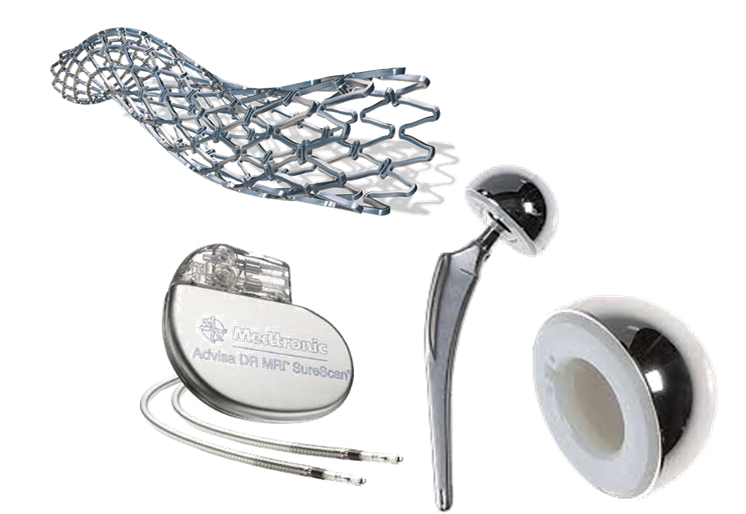Biomaterials
Course Description
This course is meant to be an introduction to the principles of use of synthetic and natural materials in the medical and health industry. The focus is on polymeric materials but there is also discussion of metals, ceramics and composites. Lectures cover the physical and chemical requirements for biomaterials design and the major classes of medical devices, with emphasis on the most advanced and well-known successes in biomedical devices. Special topics also covered include controlled degradation, immune response and interfacial engineering. There are no prerequisites for the course but students should have sound knowledge of basic biology, polymer chemistry, physics and materials science. I encourage students to complete the reading assignments given in the attached course outline prior to the lectures in order to facilitate class discussion and understanding of the material we cover during lecture.
Requirements
Two in-class exams (20% and 30%) + end-of-semester project (20%) + homework (30%) = 100%
Objectives
At the end of this course, students should be able to:
- Apply knowledge of mathematics, science and engineering to problems in bioengineering
- Relate materials properties to their biocompatibility and identify critical biomaterials problems and properties
- Understand the professional and ethical responsibilities involved in bioengineering
- Communicate effectively regarding the proper selection, design and use of materials in medical applications
- Identify the engineered materials used in common medical applications
- Discuss contemporary issues relating to cutting-edge biomaterials research
- Use the techniques, skills and modern engineering tools necessary for engineering practice
